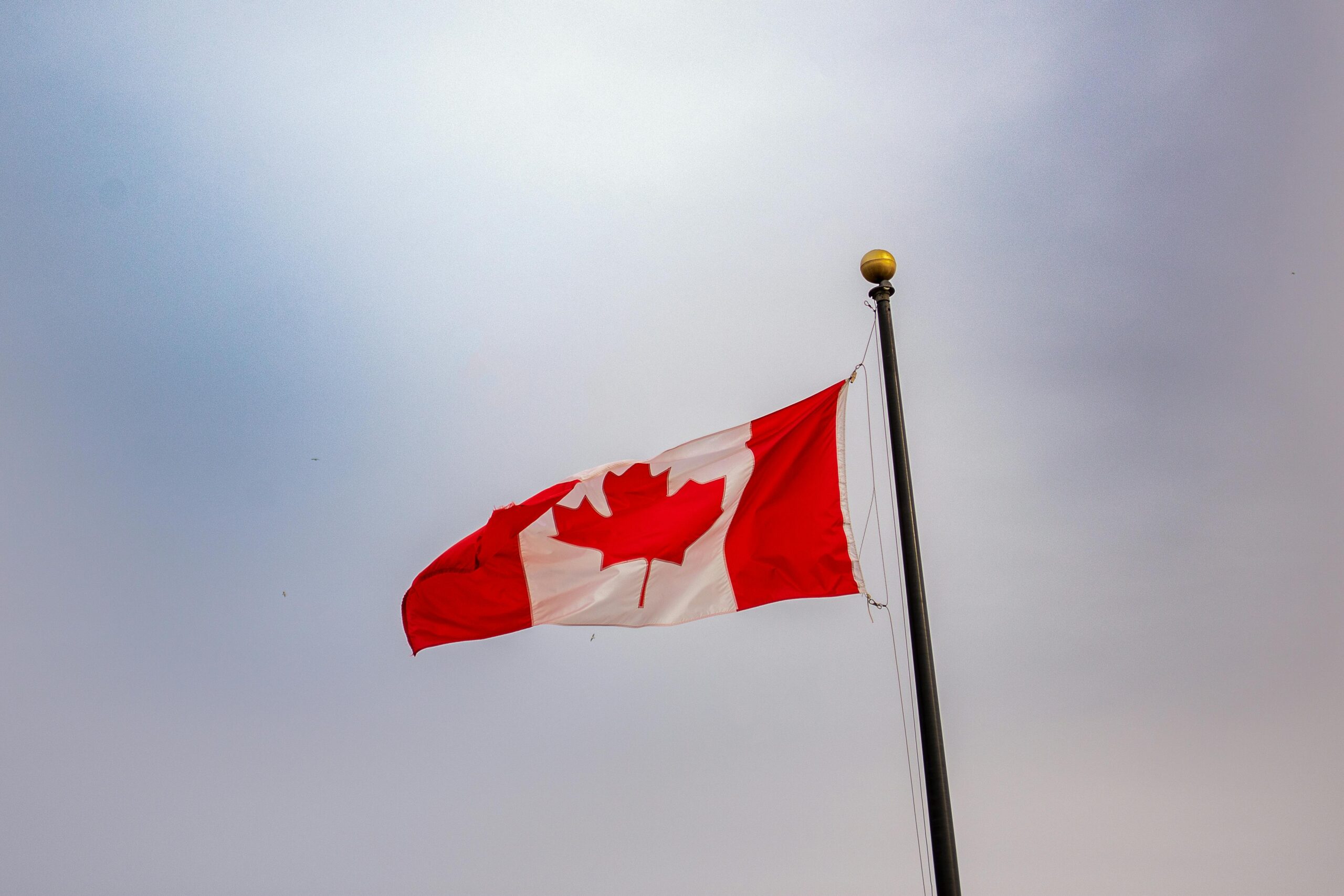
Donald Trump’s inauguration on Monday at the Capitol Rotunda marked the beginning of a presidency that promises significant shifts in U.S. policy and international relations. In his inaugural address, Trump emphasized concerns about immigration at the Mexican border and touched upon legal actions involving himself and his supporters. The event drew thousands of attendees, many braving frigid weather outside the Capitol One Arena wearing Trump-themed apparel. As Trump hinted at potential tariffs, Canadian officials expressed readiness to respond to any economic challenges posed by the new administration.
Alberta Premier Danielle Smith made headlines by refusing to entertain any plans that might impose levies on oil exports or curtail energy supplies to the United States. Smith recently traveled to Trump’s Mar-a-Lago resort in Florida for discussions with the president-elect, highlighting her proactive approach amid uncertain trade relations. Meanwhile, Liberal MP John McKay criticized Trump’s claims that Washington subsidizes Canada at an annual rate of $100 billion, dismissing them as “just nonsense.”
“An agreed upon set of facts, as opposed to nonsense which is currently occupying the public space.” – McKay
Prominent Figures and Trump’s Trade Policy Propositions
Inside the rotunda, prominent figures such as President Joe Biden, Vice-President Kamala Harris, and former Presidents Barack Obama, George W. Bush, and Bill Clinton witnessed Trump’s address. Trump suggested he may consider a universal tariff on all countries, a move that could significantly impact global trade dynamics. His statement, “Instead of taxing our citizens to enrich other countries, we will tariff and tax foreign countries to enrich our citizens,” underscores a potential shift towards more protectionist trade policies.
“Essentially all countries take advantage of the U.S.” – Trump
In response to these developments, Canada’s Foreign Affairs Minister Mélanie Joly emphasized the importance of unity among Canadian leaders. She called it an “important moment for Canadians” following Trump’s inauguration announcement.
“We’re calling on every single political leader across the board, across the country, to stand united because now more than ever, we need to make sure that we put country first.” – Mélanie Joly
Amidst these tensions, Trade Minister Mary Ng reassured Canadians that Ottawa and the provinces are adopting a Team Canada approach to persuade Americans that tariffs on Canadian goods would harm U.S. jobs. Ng emphasized Canada’s readiness for any potential trade disputes.
“We are ready and we are prepared.” – Mary Ng
Finance Minister Dominic LeBlanc echoed this sentiment, stating that Ottawa is “absolutely” ready for Trump tariffs and has responses prepared for various scenarios. Federal sources indicated that if Trump imposes tariffs at a 25 per cent rate, Canada would respond with counter-tariffs worth approximately $37 billion, with a possible follow-up of another $110 billion in tariffs.
In an interview held inside the Canadian embassy in Washington, McKay highlighted Ottawa’s opportunity to establish factual discourse amidst widespread misinformation.
Trump officials suggested that the new administration would initially sign a memorandum directing federal agencies to study trade issues, including alleged unfair trade practices by Canada, Mexico, and China. Such measures indicate a cautious yet assertive approach toward revising existing trade agreements.
Kenneth Johnson, a close ally of Trump, echoed sentiments from the inauguration about eliminating corruption and inefficiencies in government processes.
What The Author Thinks
Trump’s inauguration and the policies he outlined suggest a transformative period for U.S. domestic and international strategies, particularly concerning trade. The emphasis on protectionism could significantly reshape global economic dynamics and relationships, especially with key trading partners like Canada. The Canadian government’s unified response highlights the complexity of these challenges and the potential for significant economic implications if tariffs are implemented. This period requires careful diplomacy and robust economic strategies to navigate the uncertainties that Trump’s presidency may introduce.
Featured image credit: Dominik Lack via Pexels
Follow us for more breaking news on DMR
